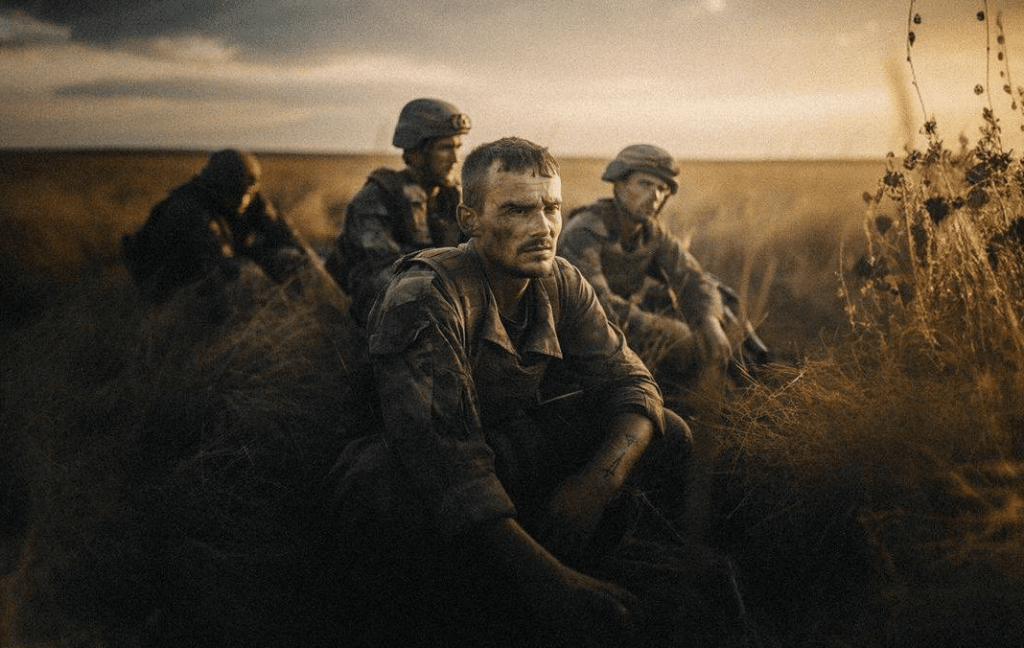The ongoing conflict in Ukraine has raised serious concerns regarding ethical issues, particularly in the context of humanitarian aid distribution. A firsthand account from an individual currently in Odesa highlights troubling sentiments among residents regarding the prolonged war. Despite being a vital seaport, Odesa reflects a broader disillusionment with Ukrainian President Volodymyr Zelensky and the motivations behind international support. One striking comment expressed a belief that the war would only end when those in power can no longer profit from it, suggesting that the substantial financial aid provided by the United States contributes more to ongoing conflict rather than facilitating resolution. This deep-seated cynicism indicates that the perception of war as a profitable enterprise for certain factions runs counter to the ideals of humanitarian assistance which should prioritize the well-being of those affected.
A critical issue raised in this account is the apparent inefficiency and misdirection of the financial resources intended for military support. There are alarming claims that the significant sums sent to Ukraine do not reach the soldiers who desperately need them on the front lines. The assertion that these funds often have a convoluted and untraceable pathway back to Washington, D.C., undermines the purpose of such support and raises questions about accountability in the military-industrial complex. Moreover, the writer contends that the ongoing conflict serves as a testing ground for weaponry, compounding the tragedy as human lives figure as mere subjects in a grander scheme of geopolitical strategy. Such practices evoke a dystopian reality where warfare has morphed into a high-stakes video game, further trivializing the sacrifices made by individuals caught in the fray.
The impact of this prolonged war is felt acutely at grassroots levels, where organizations focused on relief efforts express mounting frustration. During discussions with individuals from Kherson, relief workers articulated their dismay at the inadequacy of U.S. financial assistance. An American contributor lamented the absence of tangible support on the front lines despite substantial government allocations, reinforcing the doubt about the actual deployment of resources. The narrative reveals that many residents feel compelled to gather funds for basic necessities, such as ammunition, contradicting the lofty narratives of war aid. This discontent is compounded by reports that government figures regarding the value of shipments representing humanitarian aid may not accurately portray reality, further eroding public trust in the governing bodies involved.
Additionally, the issue of charitable organizations and churches entering the fray illustrates another layer of complexity in the humanitarian landscape. Such entities, while intending to provide aid, often engage in what can be perceived as performative acts—delivering limited resources and subsequently promoting their contributions for fundraising purposes. The implications of this behavior suggest that aid may sometimes be more about generating profit through corporate sponsorships rather than addressing the immediate needs of those affected by conflict. The author argues that post-war scenarios will likely see further exploitation through inflated “rebuilding” contracts, perpetuating a cycle of financial gain for certain stakeholders, while ordinary citizens continue to bear the brunt of the consequences.
An emotional encounter at a local hospital paints a vivid picture of the human cost of the war. The sight of a young man, seriously injured and supported by his partner, serves as a poignant reminder of the lives irrevocably altered by the ongoing violence. The author expresses deep concern over the seemingly endless cycle of sacrificing individuals for profit, reinforcing the belief that the conflict continues under the guise of geopolitical necessity rather than genuine humanitarian interests. This narrative amplifies the urgency for moral reflection and action in the face of such adversities. Furthermore, it emphasizes the importance of acknowledging that active combatants on both sides are not inherently evil; they are often left as neglected pawns in a larger game steered by more powerful interests.
The account concludes with a disheartening reflection on the potential human toll if the war persists. An alarming projection suggests that Russia could face one million casualties by August 2025, with no comparable figure provided for Ukraine. This ominous forecast underscores the stakes involved in the conflict, raising fundamental questions about the burden of war shouldered by civilians and soldiers alike. The discussion surrounding an increased presence of U.S. advisors and private contractors only further complicates the picture, suggesting a potential escalation rather than de-escalation of the situation. Indeed, the need for resolution hangs precariously in the balance amid swelling calls for military involvement and renewed financial commitments. The author’s plea for divine justice amplifies the sense of desperation for a just resolution to the suffering, echoing a broader concern shared by many: the yearning for an end to hostilities and a return to dignity in the lives of those affected.

